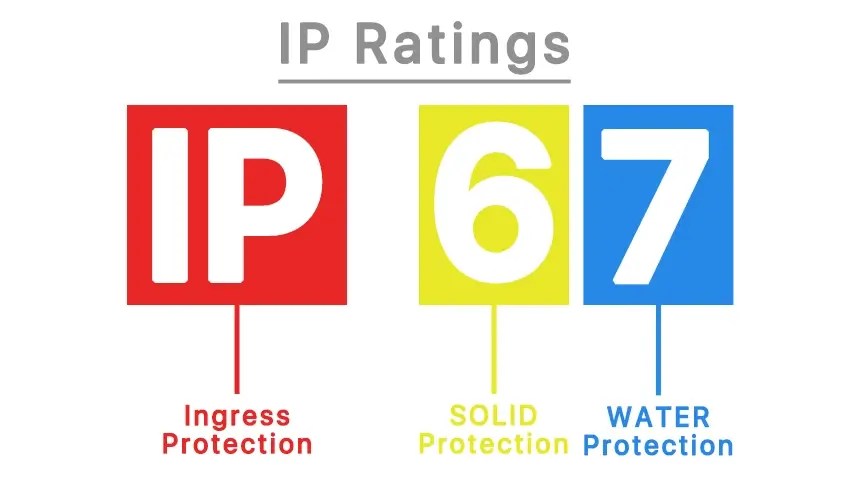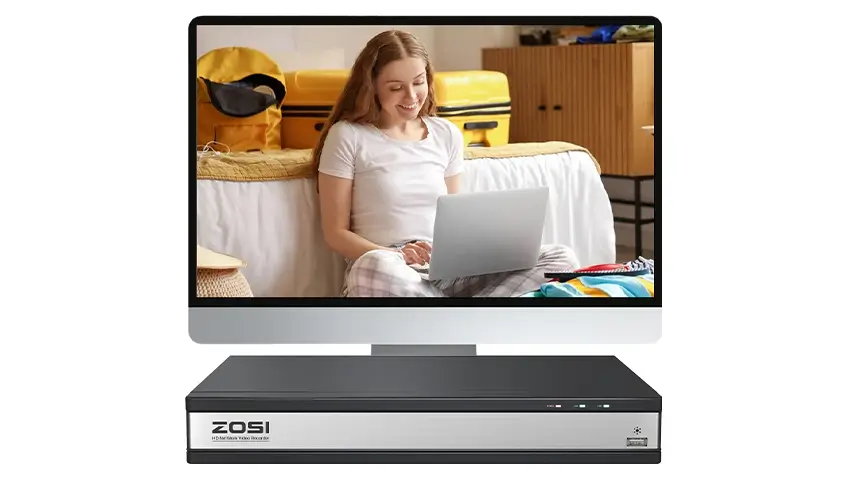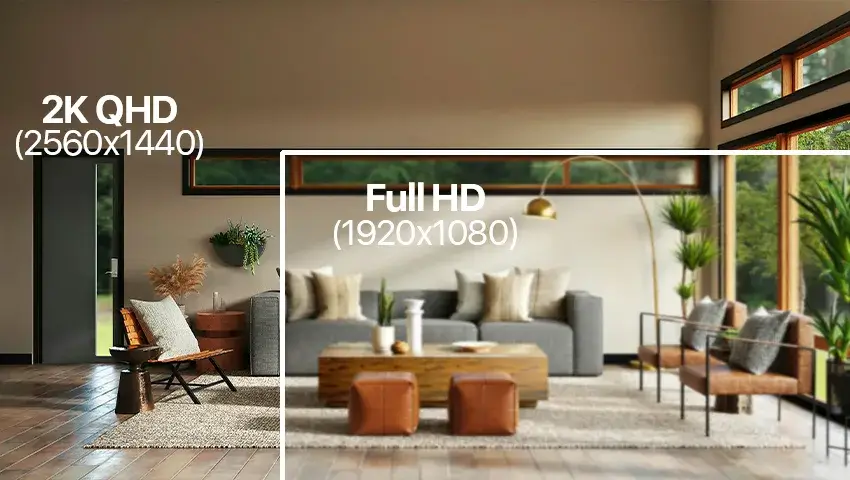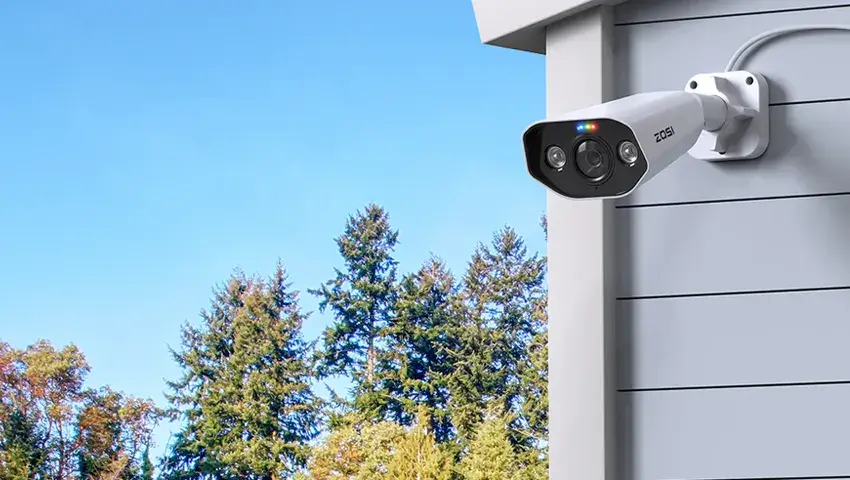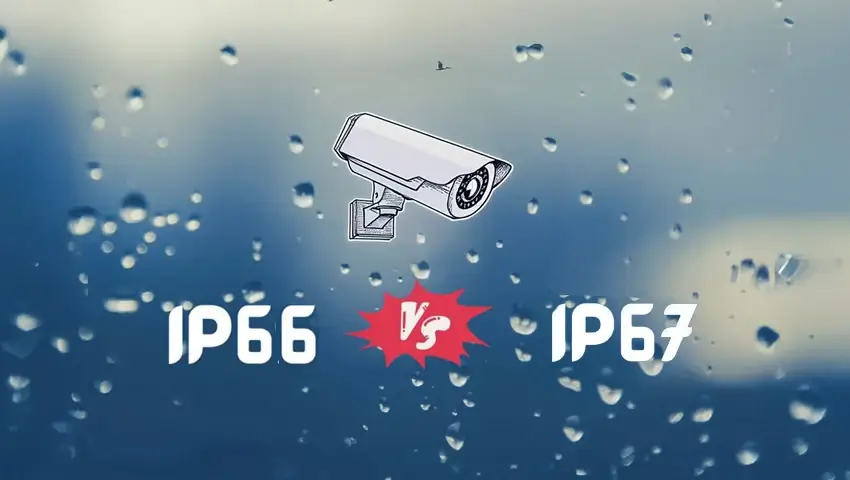In the realm of security, choosing the right camera is crucial for safeguarding your property. With various technical specifications to consider, the IP rating system stands out as a key indicator of a camera’s durability and performance. Among these ratings, IP67 is particularly noteworthy. This article will delve into what IP67 means, its benefits, and why it’s a vital consideration for anyone investing in security cameras.
Contents
What Does IP67 Mean for Security Cameras?
The IP rating, or Ingress Protection rating, indicates how well a device can withstand dust and moisture. The code is composed of two digits:
- The “6” signifies complete protection against dust, ensuring that no particles can enter the device.
- The “7” indicates that the camera can endure immersion in water up to 1 meter for 30 minutes.
This level of protection makes IP67-rated cameras particularly reliable for various outdoor applications.
Benefits of IP67 Rating in Security Cameras
Choosing a camera with an IP67 rating offers several advantages:
- Durability: The robust protection against dust and water enhances the camera’s lifespan, reducing the need for frequent replacements.
- Consistent Performance: IP67 cameras maintain high performance in challenging conditions, ensuring clear footage even during rain or dust storms.
- Peace of Mind: Knowing that your camera can withstand environmental challenges allows for uninterrupted surveillance, crucial for security monitoring.
Ideal Use Cases for IP67 Cameras
IP67-rated cameras excel in multiple scenarios, including:
- Outdoor Surveillance: Ideal for driveways, parking lots, and gardens where exposure to rain, snow, and dust is common.
- Industrial Environments: Perfect for factories and construction sites where dust and moisture can interfere with device functionality.
In these settings, IP67 cameras provide reliable monitoring, capturing vital footage regardless of weather conditions.
Comparing IP67 with Other IP Ratings
When choosing a camera, it’s essential to understand how IP67 compares to other ratings:
- IP65: Offers dust-tight protection and is resistant to water jets, but it cannot withstand immersion.
- IP68: Provides higher water resistance, suitable for prolonged submersion beyond 1 meter.
Choosing the right rating depends on your specific environment. If your camera is likely to face heavy rain but not flooding, an IP67 rating is appropriate. For areas prone to deep water, consider an IP68-rated camera.
Maintenance and Care for IP67 Cameras
To maximize the lifespan of your IP67-rated cameras, follow these maintenance tips:
- Regular Cleaning: Even though they are dust-tight, occasional cleaning ensures lenses remain clear for optimal image quality.
- Proper Installation: Ensure cameras are securely mounted and positioned to minimize exposure to direct weather elements.
- Routine Checks: Periodically test the camera’s functionality and inspect for any signs of wear or damage.
By taking these steps, you can ensure your camera continues to perform at its best.
Conclusion
In conclusion, the IP67 rating is a crucial aspect to consider when selecting security cameras. Its high level of dust and water protection offers durability and reliability in various environments. By understanding the importance of IP ratings, you can make informed decisions that enhance your security setup. Prioritize IP67-rated cameras to ensure your property remains protected, come rain or shine.
